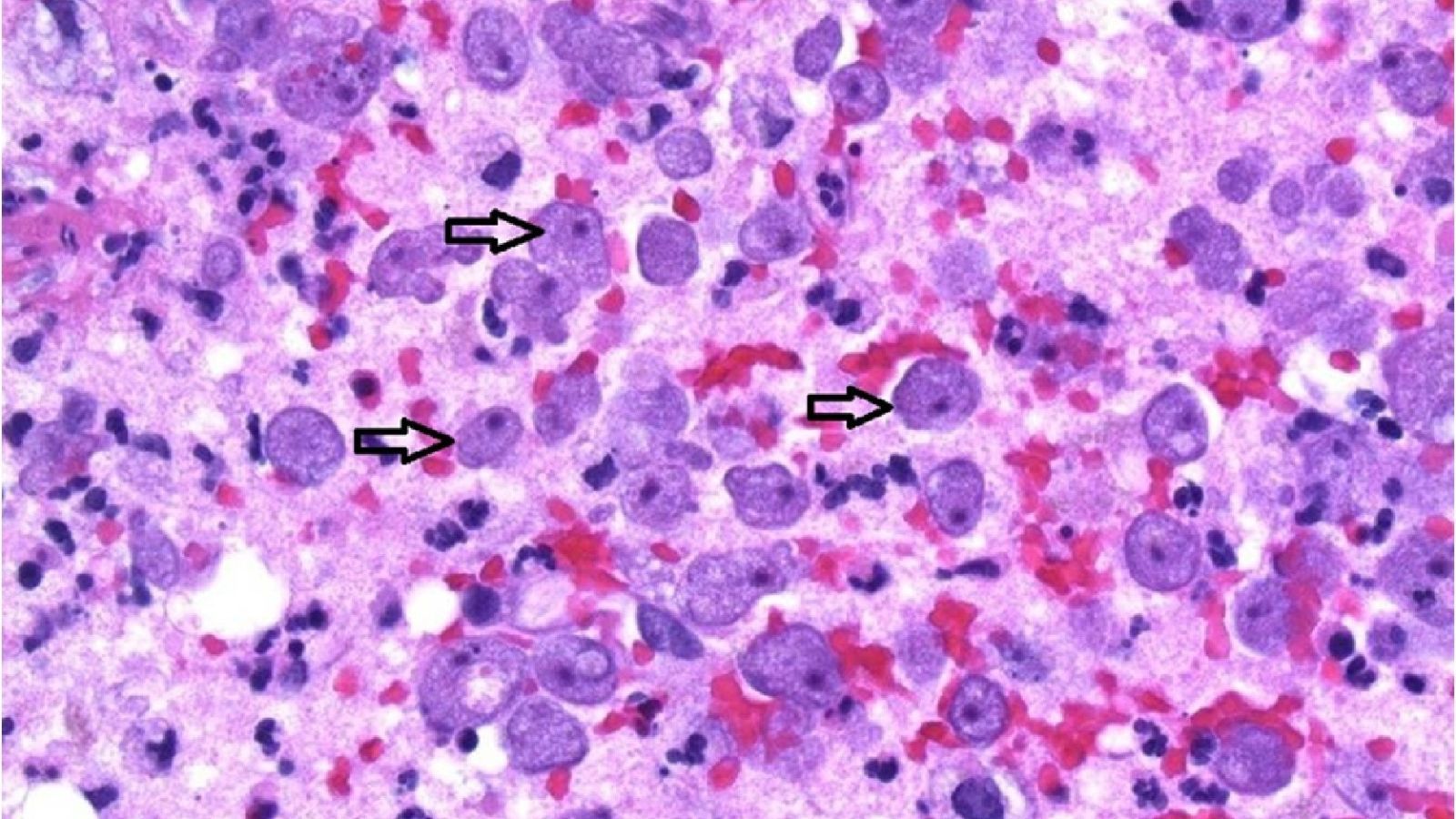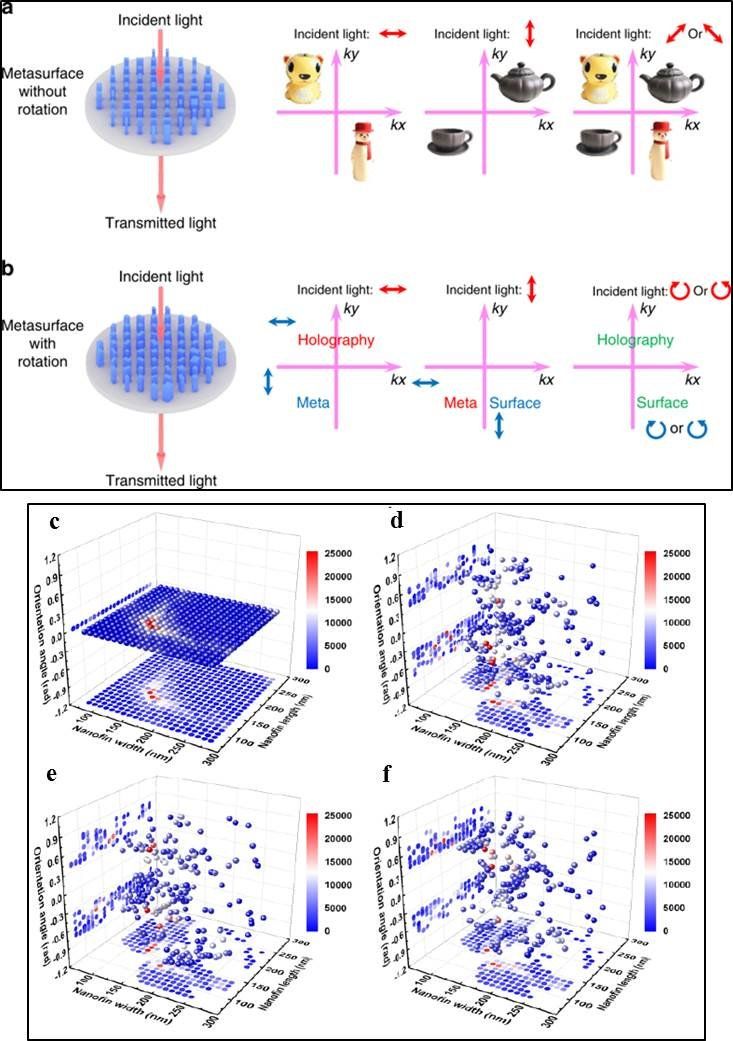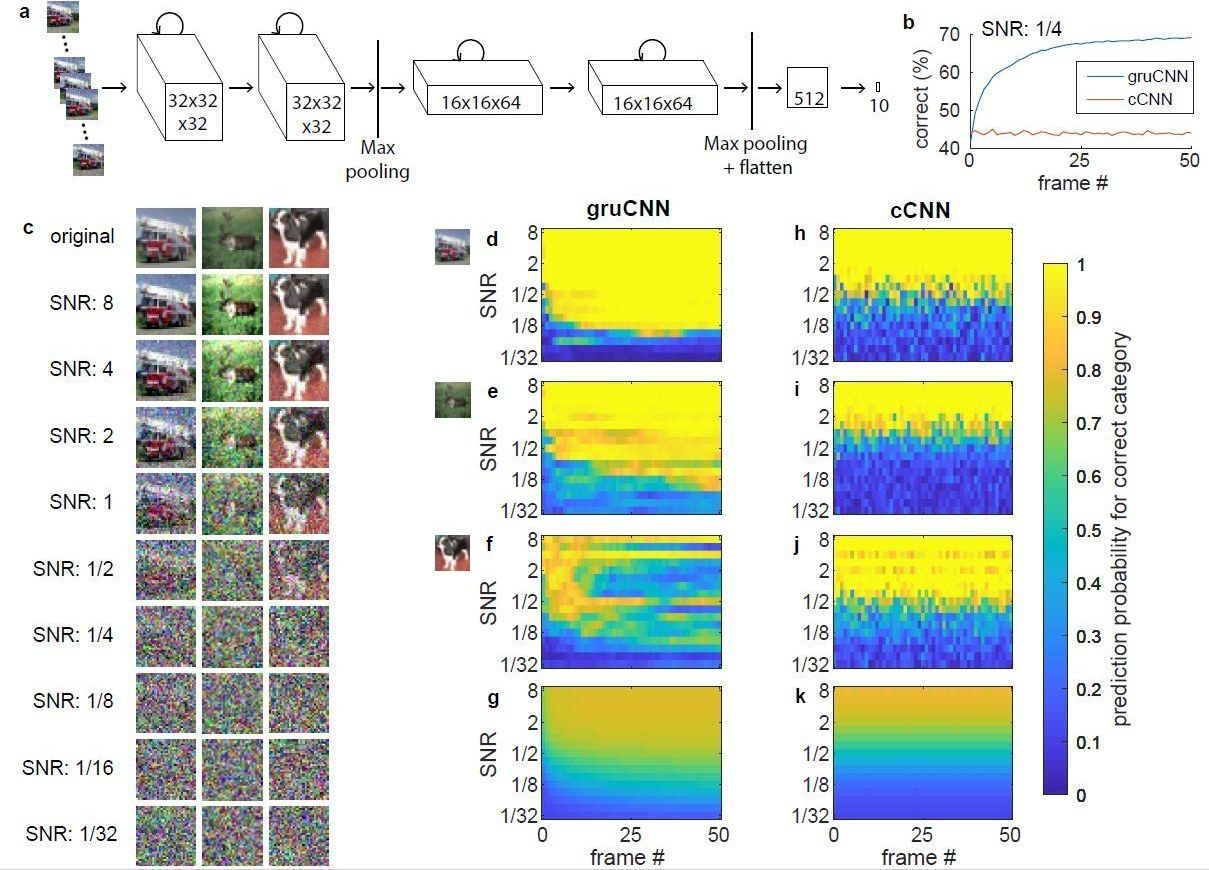Dec 7, 2018
Massive Cave Discovered in Canada, Named After ‘Star Wars’ Beast
Posted by Genevieve Klien in categories: climatology, sustainability
A massive, previously unexplored cave discovered by accident in Canada has been named “Sarlacc’s Pit,” after the multi-tentacled alien beast that first made an appearance in Star Wars: Return of the Jedi.
Officials from Canada’s Ministry of Environment and Climate Change first came across the huge cavern in Wells Gray Provincial Park in British Columbia while conducting a caribou count by helicopter in March.
Continue reading “Massive Cave Discovered in Canada, Named After ‘Star Wars’ Beast” »
















